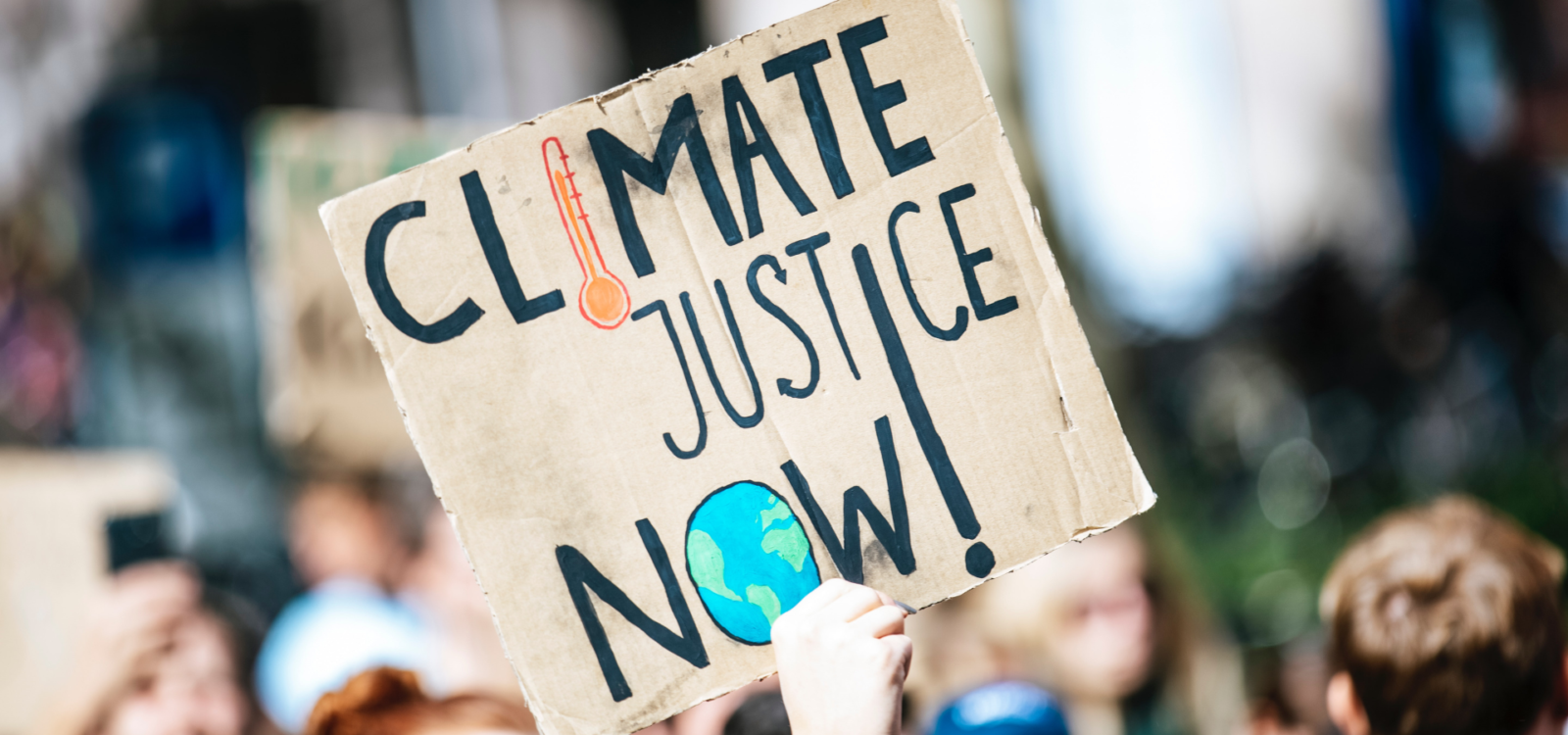
This time, it’s personal
Ahead of COP27 taking place from next Sunday – Grace Anthony, Planner at GOOD, reflects on the changing attitudes towards the climate crisis
It’s November 2021. For the last month, a campaigning group called Insulate Britain have been gluing themselves to roads up and down the country. Public opinion on the disruption is confused at best, furious at worst. Their mission, to urgently insulate homes across the UK in the name of both people and planet, seems to have gone completely unheard. In February this year, the group announced that they deemed their efforts a failure.
Fast forward to September 2022, and the country is in a state of unease. After the hottest summer on record, people up and down the country are facing a winter in which they will be unable to keep up with the spiralling costs of energy. Protest groups like Don’t Pay, and Enough is Enough, are gathering nationwide support. Parents are choosing between the now often recited choice – heating and eating.
While the energy crisis isn’t a direct result of the climate crisis, its effects and resulting protests are intrinsically linked. Today, it’s hard to make a distinction between the cost of living campaigning and climate campaigning. Recent action by Just Stop Oil highlights this interconnectedness – more oil licences might ease energy costs, but they also mean more pollution. The charity sector, too, have strongly spoken out about government growth plans which jeopardise our already fragile flora and fauna.
In previous decades, climate change was spoken about as a distant problem. Protect the polar bears, save the rainforest, clean the ocean. But for the first time in the UK, the climate crisis is uncomfortably close to home. As a result, 78% of Britons are now experiencing some level of eco-anxiety (Global futures). A second cultural shift is emerging in this new landscape – juries up and down the country are choosing to acquit climate activists in court. The Great British public might generally scoff at more militant direct action, but they find the cause redeeming.
So where are we now? The public are on board. Solutions exist. The window of opportunity is closing in. What’s crucial is that Governments, NGOs and Businesses take the time to acknowledge this paradigm shift – one where the economy and environment are no longer separate entities, but a shared cause with shared solutions. In the short term, in the absence of established government, businesses and charities have the opportunity to redefine the role they play in society, to lead the way on new ways of living, working and giving.
In the lead up to COP27, the world’s gaze once again turns to see if the events of the last 12 months have been enough to convince leaders of the need for more significant change. COP26 was steeped in widespread anticipation, but in the months that ensued it became clear that not very much was done as a result of the forum. Only 26 of the 193 participating countries have levelled up their NDC strategies as they pledged to last November.
While we don’t know exactly what the future holds, we do know that the need for decisive action is long overdue. Any further stalling not only increases the risk of irreparable climate change, but also alienates a population who are in immense need of positive change.
With Brexit, the COVID-19 pandemic and the climate crisis all directly impacting our day to day lives, decisive action needs to happen urgently, as this time, it’s personal.


